Malaria
-

Immune and circulatory systems are functionally integrated in all insects, Vanderbilt biologists demonstrate
A new study shows that insect immune and circulatory systems cooperate to fight infection, similar to those in mammals. Read MoreDec 16, 2020
-

BME team develops quick DNA test for malaria drug resistance
One of the keys to quickly diagnosing anti-malarial drug resistance — potentially saving lives — lies in testing whole blood instead of extracting DNA, eliminating processing steps that can take hours or days. A team of Vanderbilt University biomedical engineers cracked the code to doing just that and are working on applying the method to... Read MoreJun 13, 2019
-
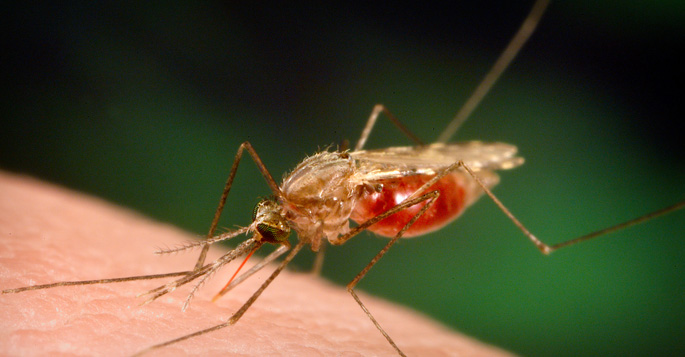
Quick DNA test for malaria drug resistance is life-saver, holds promise for other diseases
Doctors formerly had to extract the malaria parasite’s DNA first, virtually impossible to do in rural, low-resource areas. Read MoreJun 12, 2019
-
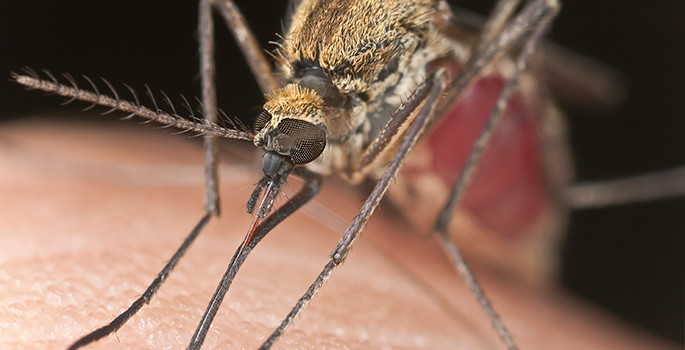
For female mosquitoes, two sets of odor sensors are better than one
A team of Vanderbilt biologists has found that the malaria mosquito has a second complete set of odor receptors that are specially tuned to human scents. Read MoreMar 15, 2017
-
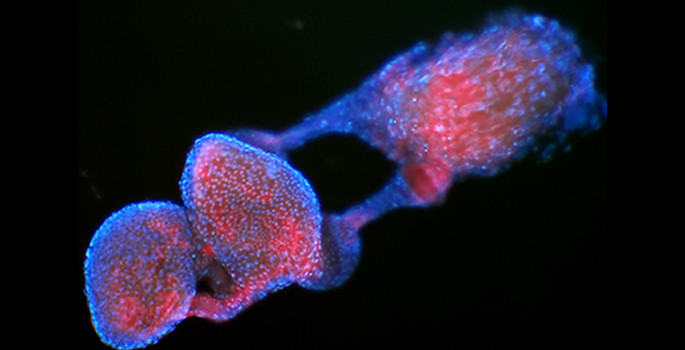
New tool for combating mosquito-borne disease: insect parasite genes
Genes used by the insect parasite Wolbachia to control its hosts' reproduction can be used to help control the spread of mosquito-borne diseases like dengue, Zika and malaria. Read MoreFeb 27, 2017
-

DNA duplicator small enough to hold in your hand
Vanderbilt engineers have developed a new method for duplicating DNA that makes devices small enough to hold in your hand that are capable of identifying infectious agents before symptoms appear. Read MoreJan 11, 2017
-

VU investigators use magnetism to help isolate malaria biomarker
Vanderbilt investigators have developed a way to detect malaria that is faster and more sensitive than current clinical methods — a development that has the potential to make malaria detection significantly less expensive and more stable. Read MoreJan 21, 2016
-

VUCast: 3-D Printer Fights Malaria
In the latest VUCast: See a powerful new weapon in the fight against malaria and how a 3-D printer speeds up the research; meet a little dog that won a big award; and hear the Melodores, winners of NBC's "The Sing-Off." Watch now! Read MoreJan 8, 2015
-

Coffee-ring diagnostic offers hope in poorest regions
Using the same mechanism that causes evaporating coffee to leave a ring behind, an interdisciplinary team of Vanderbilt researchers is designing a simple blood test to diagnose malaria in the developing world without electricity or special training. Read MoreDec 3, 2014
-

Mosquito sperm have a sense of smell
Vanderbilt biologists have discovered that mosquito sperm have a “sense of smell” and that some of same chemicals that the mosquito can smell cause the sperm to swim harder. Read MoreFeb 3, 2014
-
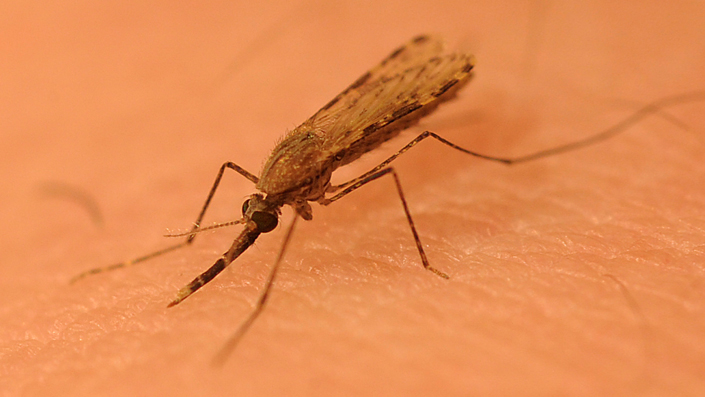
Chemical causes kidney failure in mosquitoes: study
Researchers are targeting a possible new weapon in the fight against malaria, science that could also be applied in the fight against other devastating mosquito-borne illnesses, according to a Vanderbilt study published in PLOS ONE. Read MoreMay 31, 2013
-
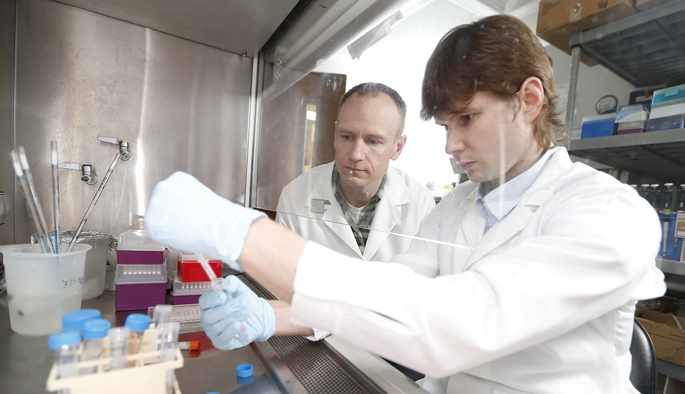
Study lays groundwork for rational T cell vaccine design
Vanderbilt University investigators have developed a new strategy for identifying the “bits” of a pathogen that spark a protective immune response. Read MoreMay 30, 2013
-
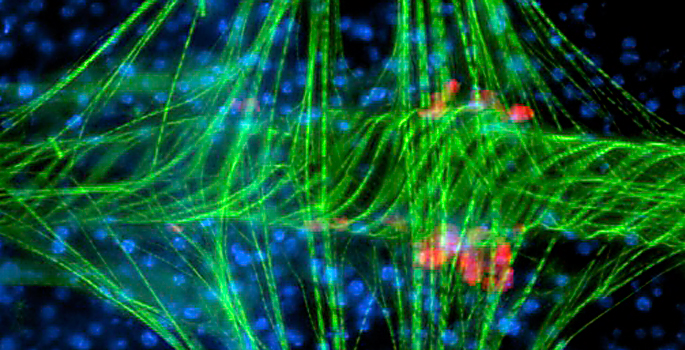
Mosquitoes as involuntary bioterrorists
Vanderbilt biologists have discovered that mosquitoes possess a previously unknown mechanism for destroying pathogens which takes advantage of the peculiarities of the insect’s circulatory system to increase its effectiveness. Read MoreNov 29, 2012
-
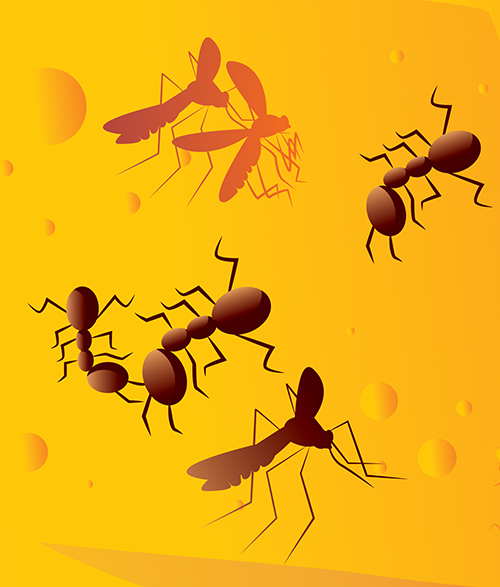
Zwiebel Lab adds ants to its research repertoire
After more than a decade spent successfully decoding the malaria mosquito’s sense of smell, the Zwiebel Lab has added ant olfaction to its research repertoire and has just received a major grant to pursue this new avenue for the next four years. Read MoreSep 13, 2012
-

‘Extractionator’ could bring cheap and effective malaria diagnostics to millions
The "Extractionator" is a sophisticated little device that automates the diagnostic sample collection and preparation process so it can be operated by individuals in remote environments with minimal training. Read MoreMay 9, 2012
-
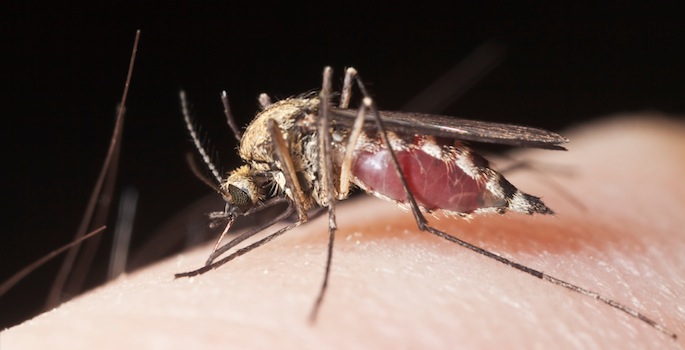
Science Nation: New mosquito repellant could be frightening…for mosquitoes
http://www.nsf.gov/news/special_reports/science_nation/nosingoutmosquitoes.jsp Read MoreMar 6, 2012
-
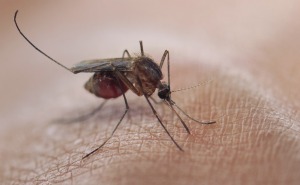
VU researcher has personal motive for investigating malaria
Vanderbilt researcher and Gabon, Africa, native is working to discover ways to kill malaria-spreading mosquitoes. Read MoreFeb 3, 2012
-

Nashville innovations
Last week when the Nashville Scene’s annual Innovations Issue hit the newsstands, three of its ten “forward-thinking ideas that are pushing Nashville – and the world – into the future” came from Vanderbilt. The three campus projects that impressed the Scene editors were: Digging for Drugs:… Read MoreAug 23, 2011
-

Attacking malaria on several fronts
Vanderbilt researchers are using a variety of approaches to hasten the beginning of the end of malaria. Read MoreApr 27, 2011
-
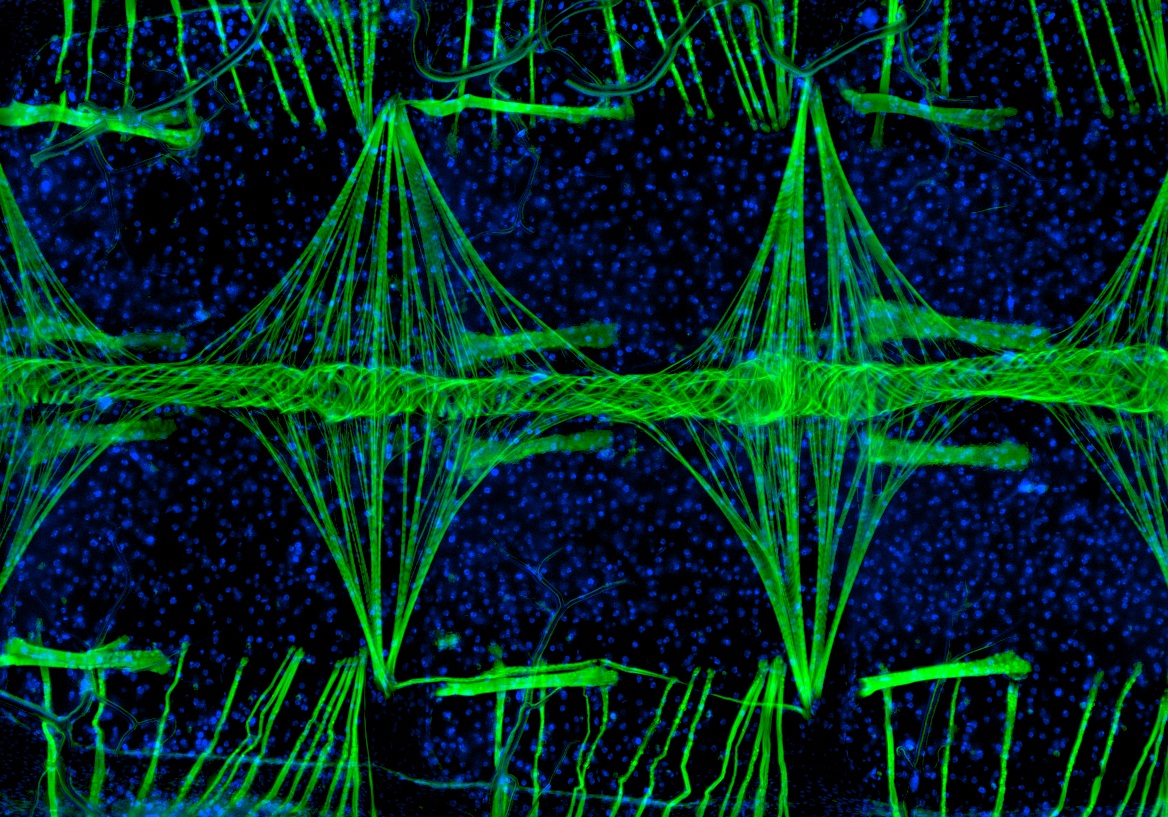
Image of mosquito’s heart wins first place in Nikon’s ‘Small World’ photomicrography competition
Jonas King, a member of the research group of Julián Hillyer, assistant professor of biological sciences, captured the image as part of the group's research on the circulatory system of Anopheles gambiae, a mosquito that spreads malaria. Read MoreOct 15, 2010